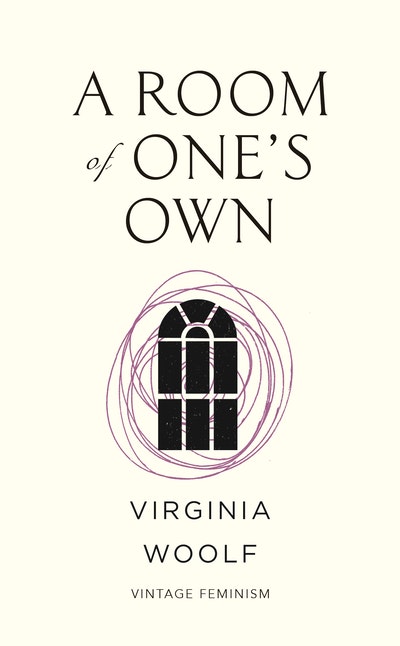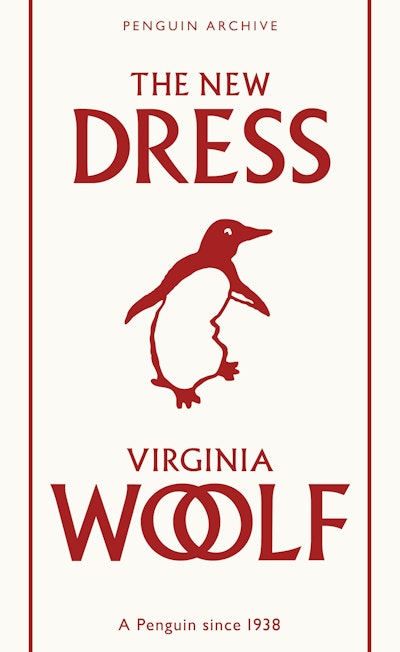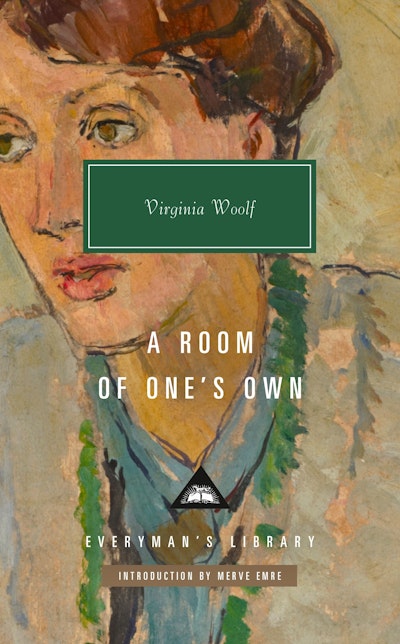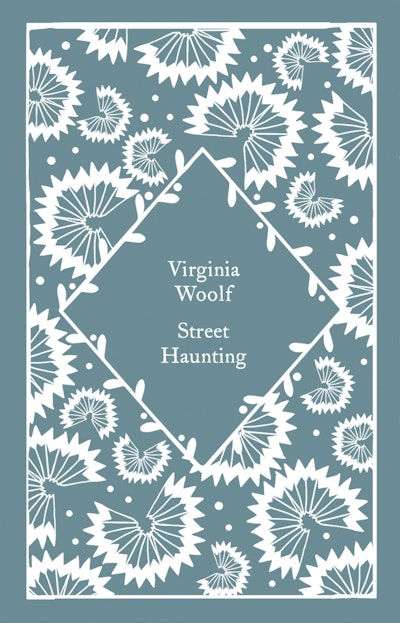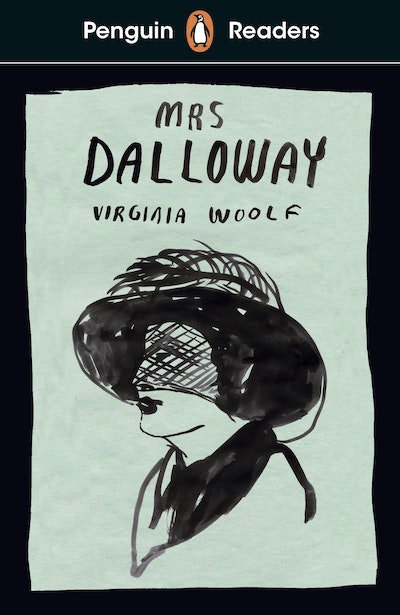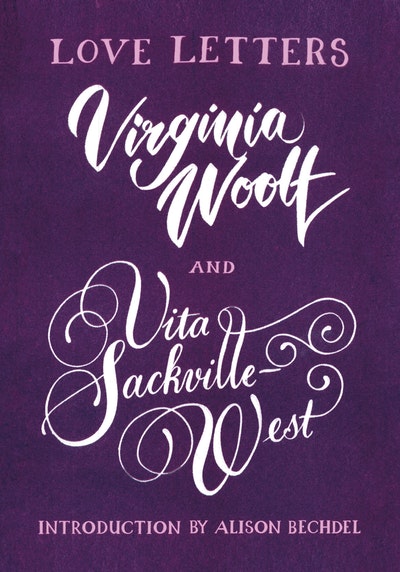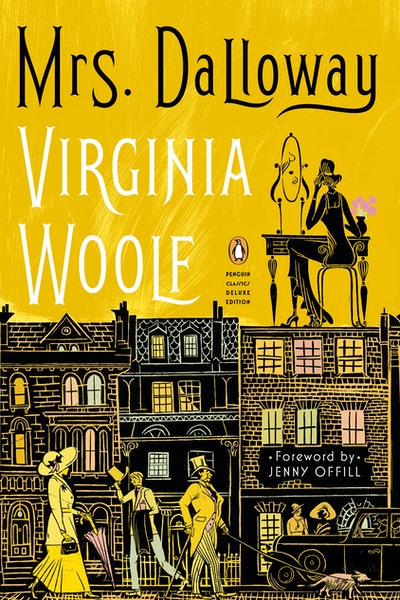[]
A Room of One’s Own (Vintage Feminism Short Edition)
Formats & editions
Buy from…
- Published: 28 June 2018
- ISBN: 9781473559578
- Imprint: Vintage Digital
- Format: EBook
- Pages: 176
Achingly relevant
Natasha Walter, Guardian
Brilliant interweaving of personal experience, imaginative musing and political clarity
Kate Mosse
One realises afresh the full meaning of originality, the magic of the mind which plays around concrete facts as though they were all spirit. And when it is finished it is with a renewed sense of zest and stimulus that one takes up life again and looks anew at objects which before were only ordinary.
Guardian
